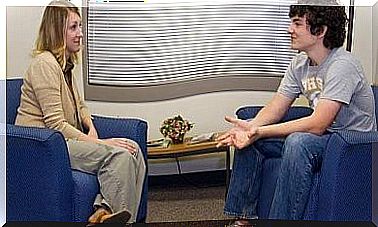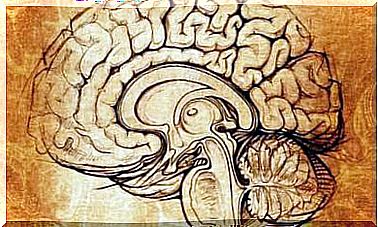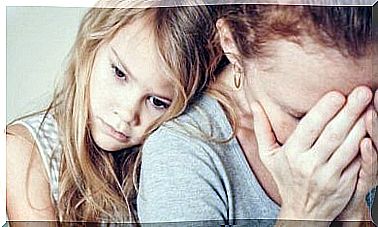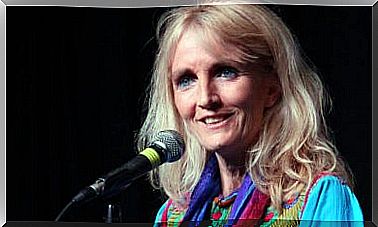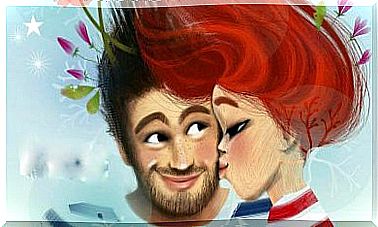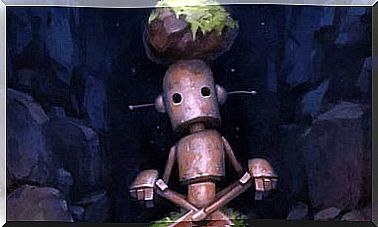The Voice Of Experience: Reading And Talking About Swimming Does Not Mean Knowing How To Swim
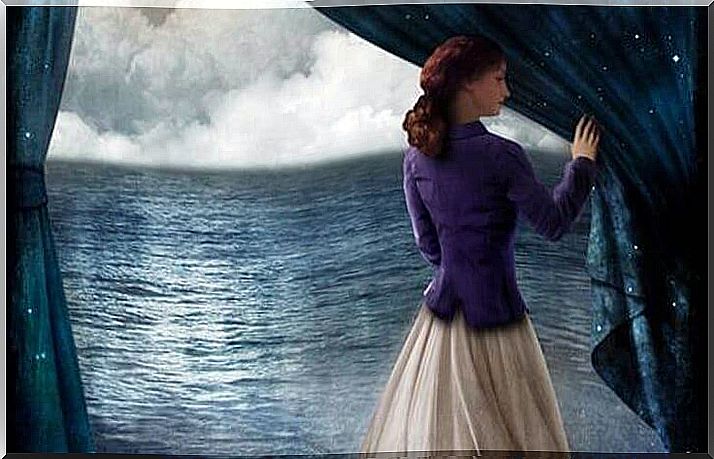
We can be real experts when it comes to swimming techniques. We can give lessons, give information on the different swimming styles (butterfly, front crawl, breaststroke, backstroke) or even give advice to someone who needs it. We can inflate our ego as we teach things to those who know little or who have misconceptions on this topic. Despite everything, our knowledge is not complete. We never dared to swim! Without the voice of experience, what we say and say does not have the same value.
We meet people every day who give us a lot of advice when it does not come from their direct experience. Despite this, they think they know it all because they have read about it, taken a training course, or been able to attend a conference from a famous person.
The voice of experience is very precious because it provides us with real learning, lived on the front line.
We are not aware of the power of experience, in large part because it enables empathy. Thanks to it, we realize that any theory has a limit in terms of its precision (reality, in this sense, is much richer than the model). Everything that we experience on the front line, in a real and authentic way, is what gives us a great deal of knowledge and, above all, what fixes it in our memory.
The great fear of taking the plunge
Why don’t we make the decision to take the plunge without doubting it? Why do we prefer to talk rather than experience for ourselves what we want to convey? Fear and insecurity could be two answers for a single sensation. A feeling that, moreover, we will adopt in some way, anticipating what will happen since we will not have tried it. We are talking here about fears that survive in our head because of our inexperience.

We have been educated in a game of judgment and recrimination of others, while we think of ourselves as scholars or the possessors of absolute truth. We have been taught that our words carry much more weight than our own experiences. However, many lack value precisely because they did not take the plunge and touch reality.
How can we say that we know something perfectly if we have not dared to experience it or have not been able to experience it? We may know all about Picasso’s Guernica , for example. We can recite by heart the life of the author and the context of his work. But were we present when this bombardment, now transcribed as a work of art, occurred? Can we really get a sense of how it was experienced by people who have lost loved ones?
You don’t know what it’s like to sleep in a chair in the hospital for two months, holding her hand, because the doctors can see in your eyes that visiting hours aren’t right for you. You don’t know what it means to lose someone, because you will only know it when you love someone more than yourself. “
-Robin Williams (Good Will Hunting) –
From the comfort of our sofa, with a book in our hands, sometimes we think we know everything; in reality, we are far from being able to understand the essence of this moment. We lack the sensations and emotions experienced. On top of all the chaos, fear and pain that many people have experienced. The voice of experience is much more fulfilling and real than any other voice you may have followed.
The voice of experience has incalculable value
We venture to criticize and judge people about whom we know little or nothing. Sometimes our words hurt them more than we can believe, because we speak without knowing. We do not take into account what they may have gone through because we have not been in their place. We are not aware that what we think we know about them is really not much.
To be able to internalize all this and reflect more on the importance of the voice of experience, we would like to share with you this excerpt from the film “Good Will Hunting”. The speech given by Robin Williams to Will Hunting will certainly make you feel some emotions.
If we pause and think for a moment, we will surely remember a situation where we were like the youngster in the movie. This excerpt allows us to realize how little we know about others and, in general, about what surrounds us. Most importantly, it helps us to be aware that the information we have is usually incomplete or lacks the authenticity of an experience.
Grandparents are a true example of what the voice of experience is.
We may have had difficult or important experiences ourselves, which we have tried to pass on to other people. When you tried to share them, you saw that others could never fully understand you. This is because they couldn’t go through what we went through. However, the voice of experience, of our experience, is important to those who listen to us.
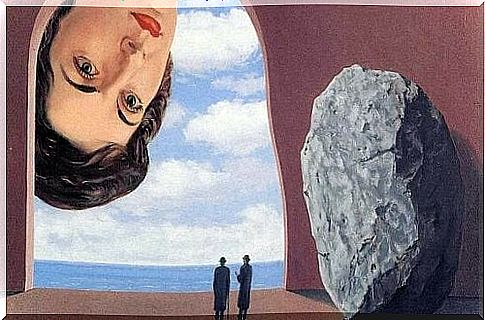
We can all learn something from the experiences of others. They enrich us, bring us knowledge that we do not have. They help us open our minds. For this we must be willing to listen without judging. But, above all, we must venture to experiment ourselves. About all we can. Because it will bring us the greatest wealth.
Images by Christian Schloe
